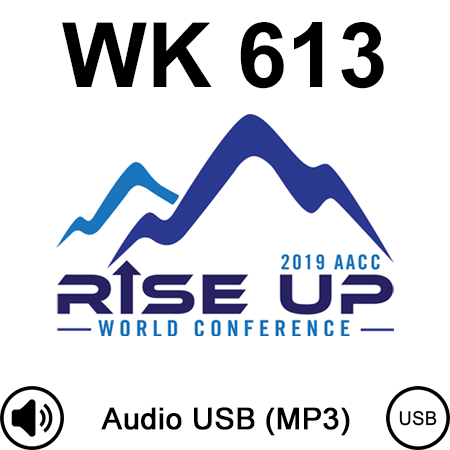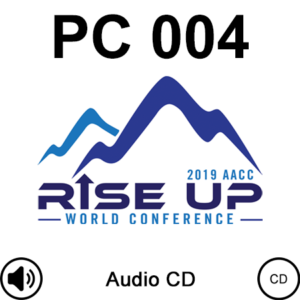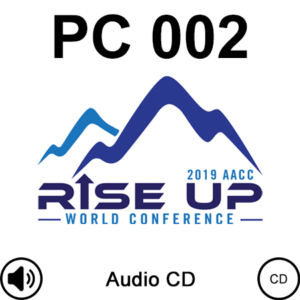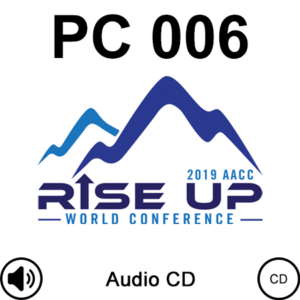Description
Assessment done right can guide Christian counseling for an effective intervention. There are
many misconceptions about the use of self-rated scales in Christian counseling. Self-rated scales
are a unique and valuable tool for assessment in counseling settings because the information is
reported directly by the client. Self-rated scales can save valuable time by providing the
counselor with the necessary information needed to properly treat the clients in a matter of
minutes, compared to two or three counseling sessions traditionally needed to gather this
information. They can be a practical tool within a variety of mental health and pastoral
counseling settings. This presentation draws upon widely used self-rated scales such as
Behavior and Symptom Identification Scale (BASIS-24), Prepare-Enrich Couples Scale (PE), and
Pediatric Symptom Checklist (PSC). BASIS-24, one of the most commonly used scales for
assessment and outcomes in the psychiatric population, measures symptoms experienced by
clients seeking counseling services. It measures mental health on six subscales: Depression,
Relationships, Self-Harm, Emotional Lability, Psychosis, and Substance Abuse. These
assessments can give the Counselors a quantitative measure for how distressed the client is
feeling and how they compare numerically to clinical and normative group. PE is one of the
most widely used marriage assessment tools for marital and premarital counseling. It measures
the strength of a relationship by asking each spouse individually to answer questions to assess
couple typology and personality. PSC is designed for children and adolescents, completed by
parents. Three sub-scales (Attention problems, Internalizing problems, and Externalizing
problems) are used to assess potential mental health problems in children and adolescents ages
four to 18. Additional information such as target audience, sub-scales, and implications for
clinical and Christian counseling practice of these scales is discussed.
Presented by: Thomas Idiculla, Ph.D. & Miriam Thomas, M.D.
Learning Objectives
Participants will:
- Ascertain the use of the most widely used self-rated scales and its application for Christian counseling practice in mental health and community settings
- Describe and successfully administer the most widely used self rated scales such as BASIS-24 and PSC in Christian counseling practice and examine its benefits in community andprivate practice
- Develop the competency to use BASIS-24 results and cutoff scores to interpret clinical significance for treatment counseling plans to determine if a referral is needed for additional professional services





